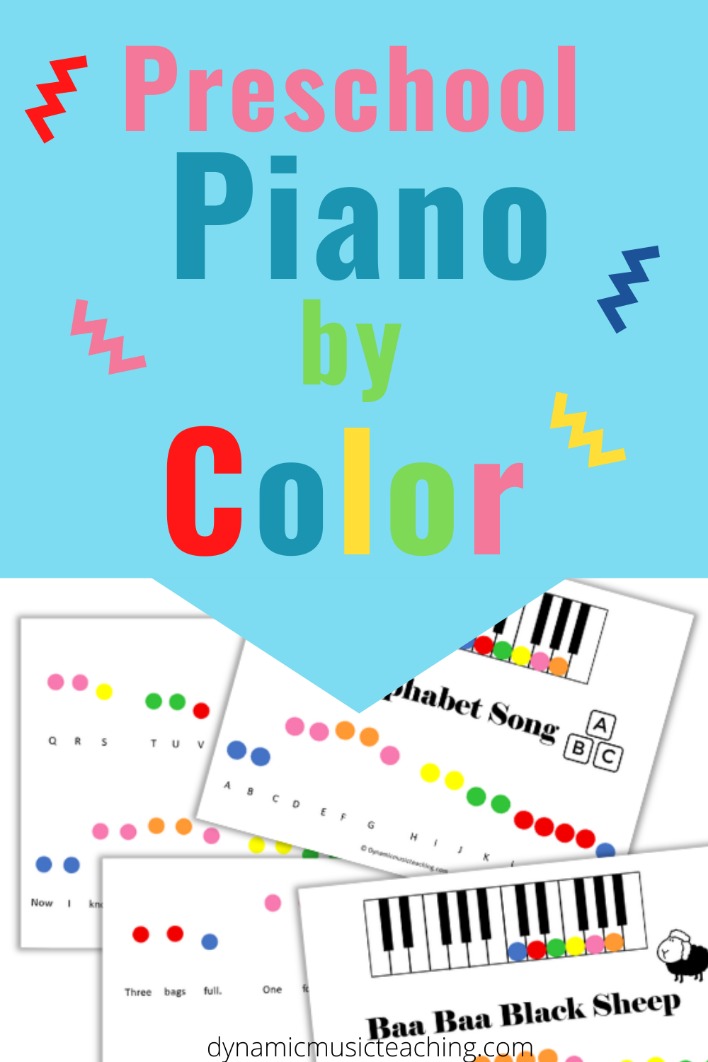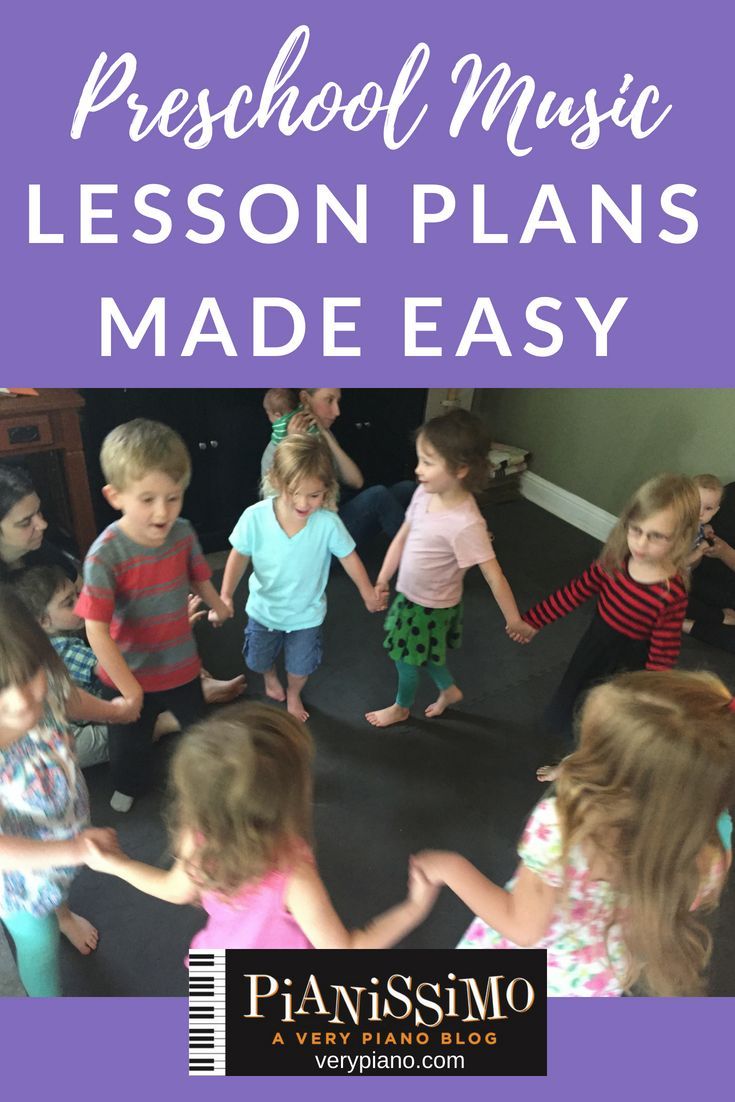Music holds immense power to transcend boundaries, making piano lessons for autism an impactful approach in enhancing cognitive and social skills. Structured learning through music can offer numerous benefits for individuals on the autism spectrum, guiding them towards improved focus, emotional expression, and communication abilities.
The Transformative Impact of Piano Lessons
Piano lessons provide a structured yet creative outlet, offering a balanced combination of predictability and artistic freedom. For individuals with autism, this balance can be particularly beneficial, as it can reduce anxiety and foster a sense of achievement. The repetitive nature of practicing piano pieces can enhance fine motor skills and facilitate muscle memory, making it an ideal tool for cognitive development.
Enhancing Communication and Social Interaction
Music is a universal language that transcends verbal communication. Participation in piano lessons can serve as an alternative mode of communication, helping individuals with autism to express themselves more effectively. Engaging with music can also create opportunities for social interaction, whether through group lessons, recitals, or collaborative performances.
Building Focus and Reducing Anxiety
The act of playing the piano requires concentration and multitasking, involving both hands in coordinated movements while reading musical notes. This intense focus can help individuals with autism improve their attention span. Additionally, the rhythmic and repetitive nature of music can have a calming effect, reducing anxiety and providing a sense of routine and order.
Adapting Piano Lessons to Individual Needs
Read more about Piano lessons for Autistic Child here.
It is essential to tailor piano lessons for autism to meet the unique needs and abilities of each student. Here are some strategies to consider:
- Personalized Instruction: Customizing lesson plans and teaching methods to suit the individual’s learning style can make a significant difference. This may include using visual aids, simplified sheet music, or incorporating technology to enhance engagement.
- Sensory Considerations: The piano environment should be adapted to minimize sensory overload. Soft lighting, noise-cancelling headphones, or tactile aids can create a more comfortable learning space.
- Positive Reinforcement: Consistent encouragement and positive feedback can boost confidence and motivation. Celebrating small milestones helps build a positive association with learning.
Choosing the Right Music Instructor
Finding an instructor with experience in teaching students with autism is crucial. Look for educators who demonstrate patience, empathy, and flexibility, and who are willing to adapt their teaching methods to suit the student’s needs. An instructor well-versed in special education techniques can create a supportive and effective learning environment.
The Long-Term Benefits of Piano Lessons
The benefits of piano lessons for autism extend beyond musical proficiency. Students often show improvements in other areas of life, such as better academic performance, enhanced social skills, and greater emotional resilience. By integrating music into their routine, individuals with autism can discover new avenues for personal growth and expression.
In conclusion, piano lessons offer a promising avenue for enriching the lives of individuals with autism. By harnessing the power of music, these lessons can foster development in a holistic and enjoyable manner, unlocking potential and celebrating abilities in ways that are both profound and enduring.




